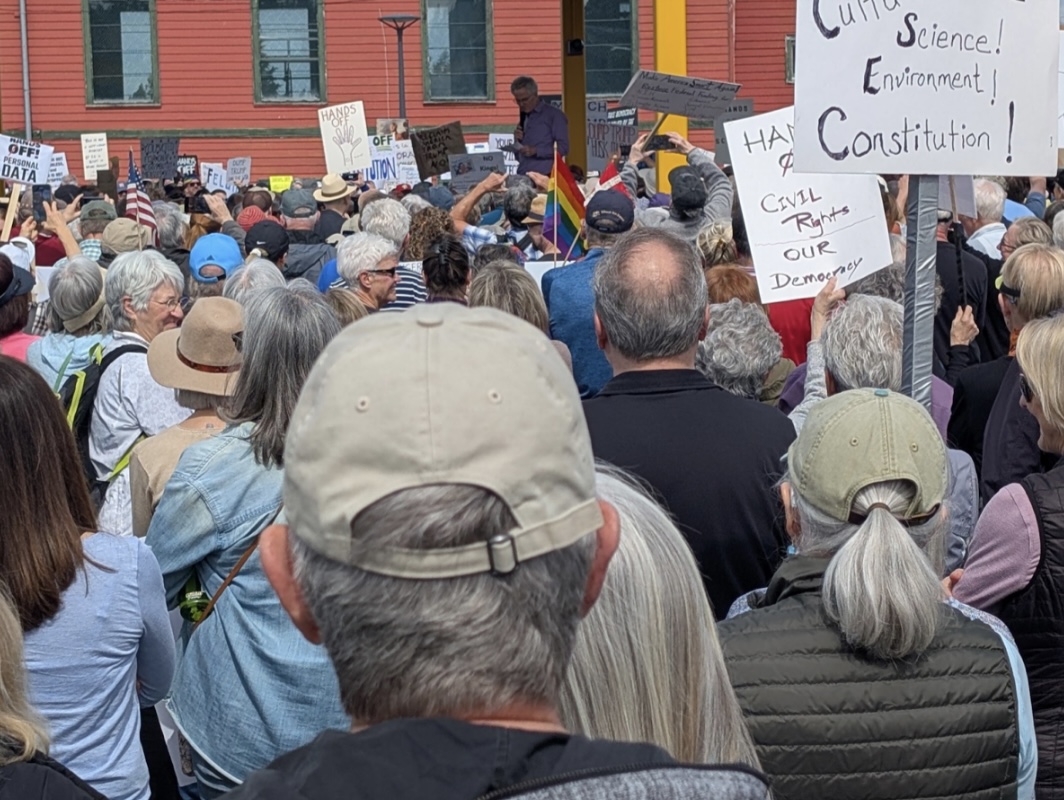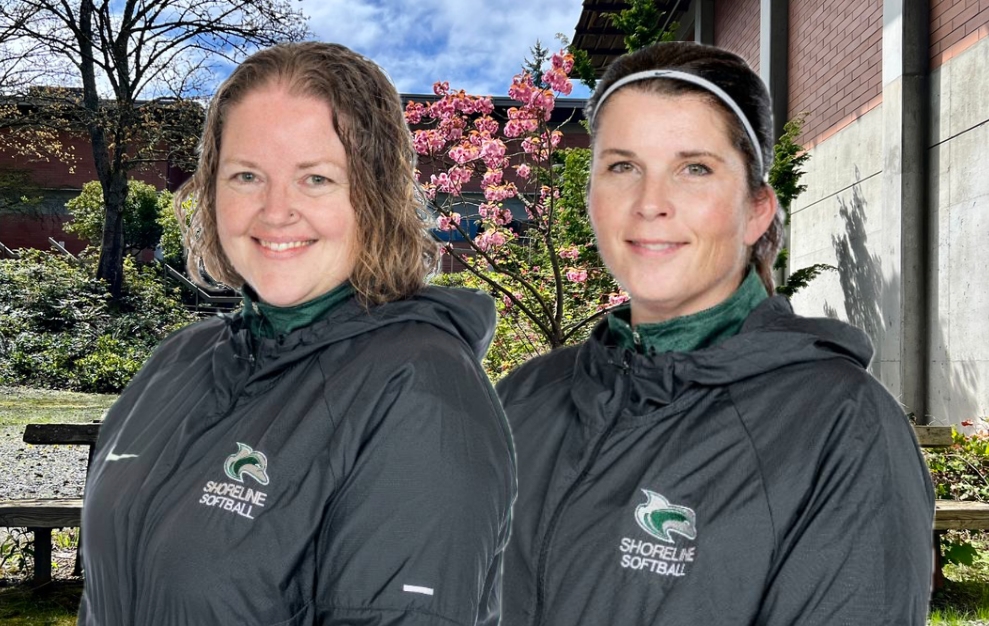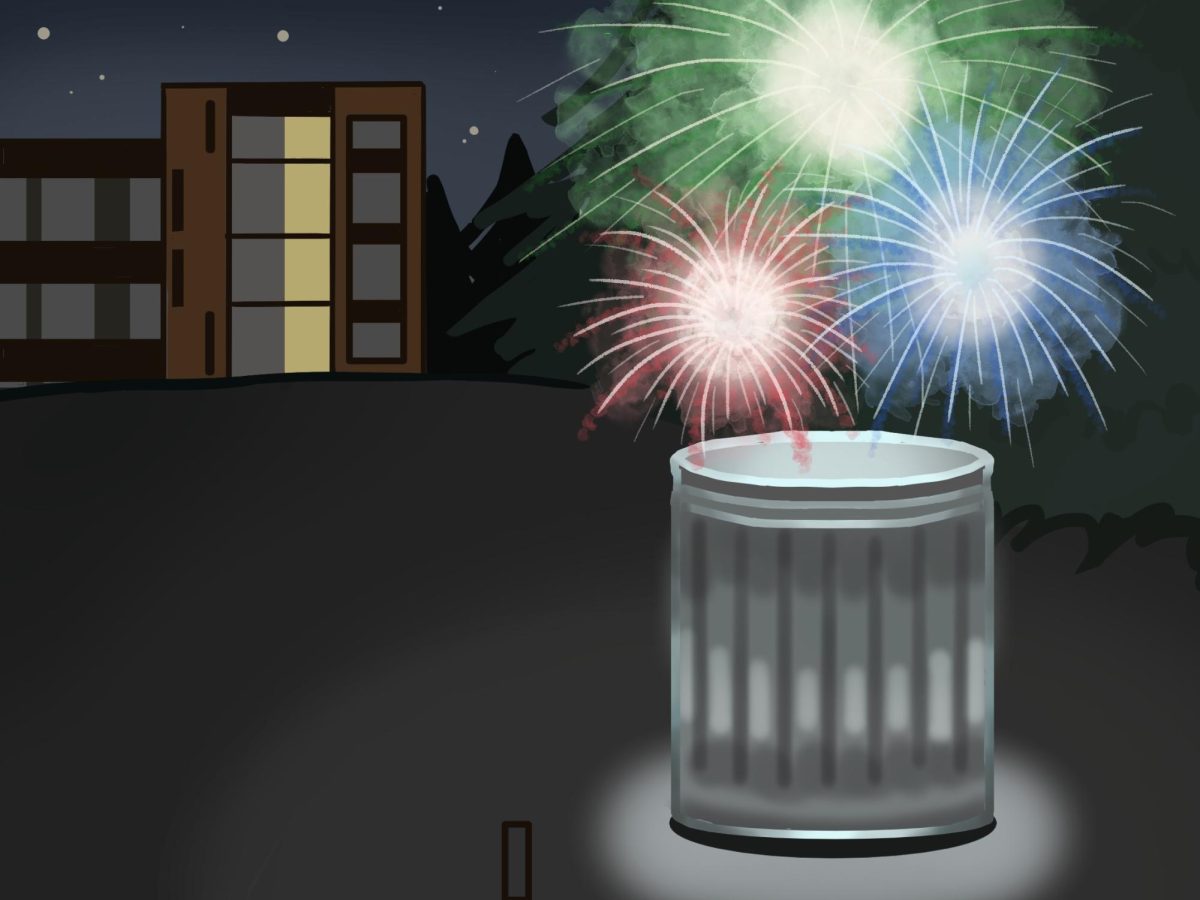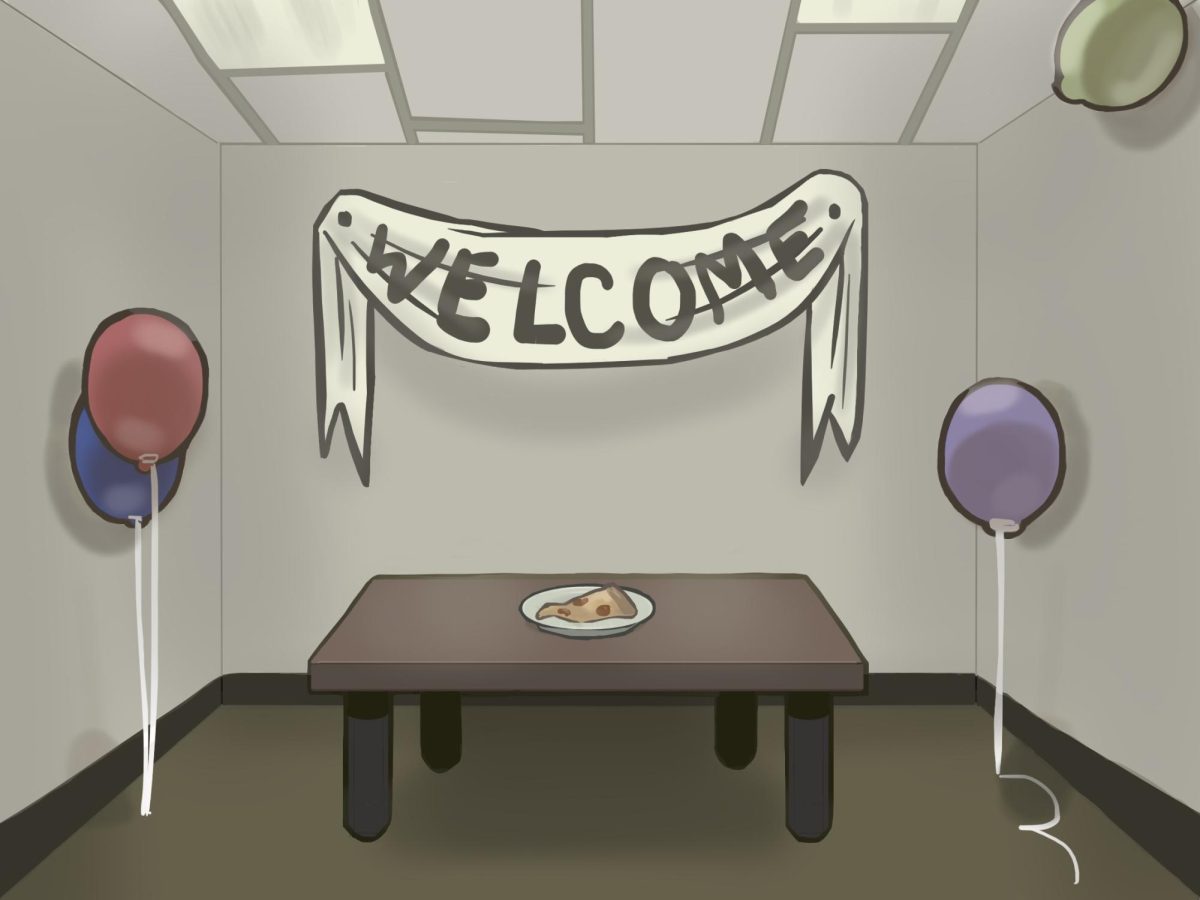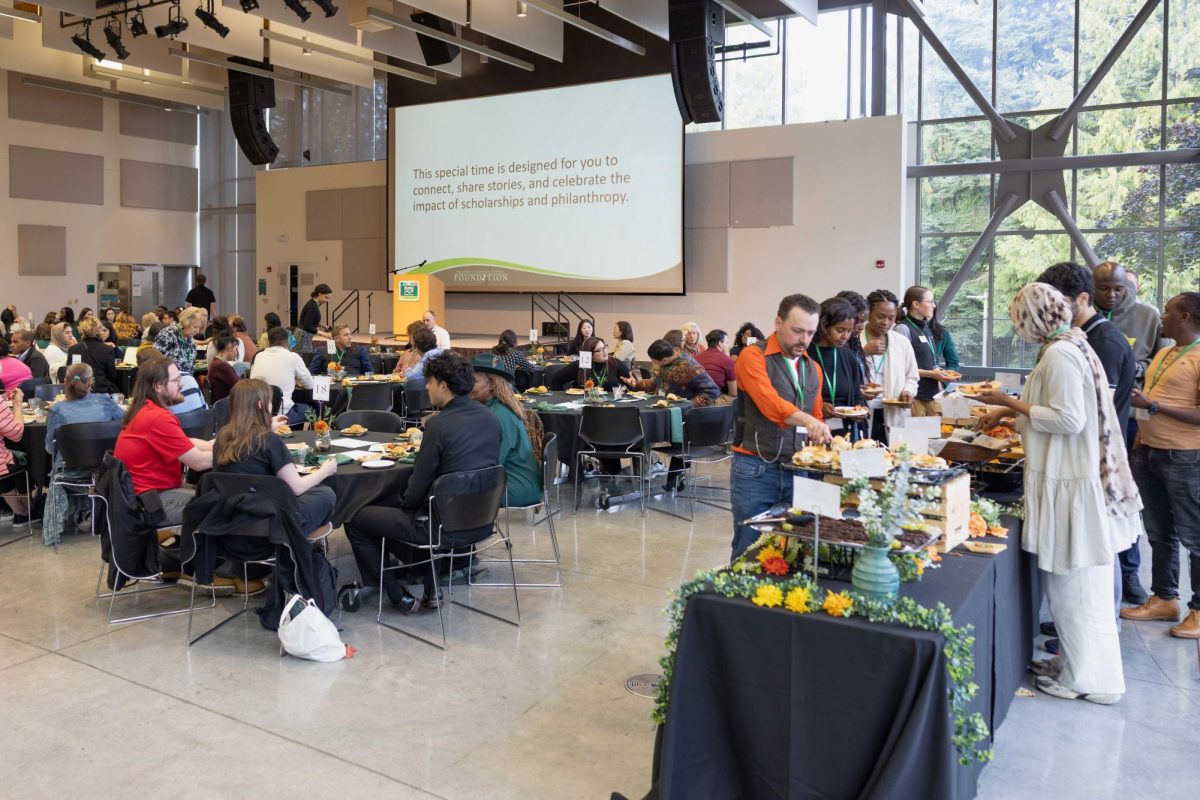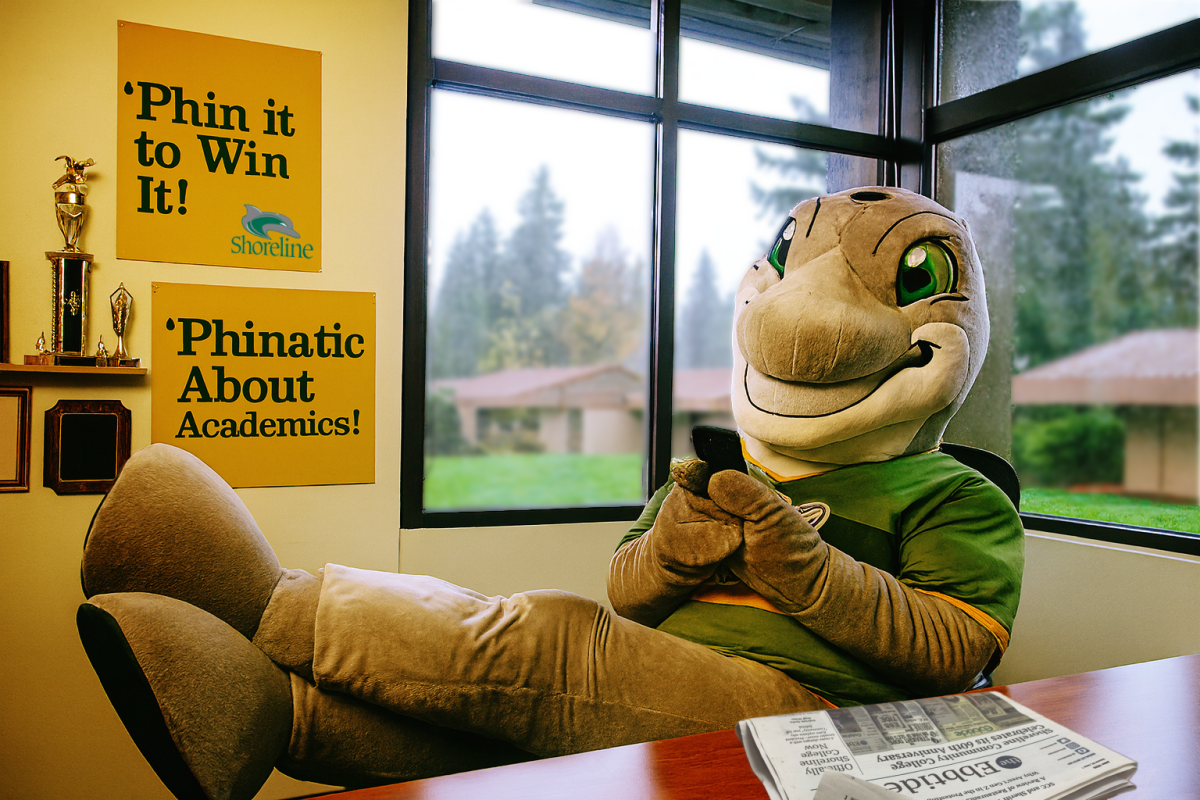I’ve always had a bit of a fatalistic streak.
I believe that my generation is doomed to confront mass extinction with global warming and that the U.S. political system is irrevocably broken. I believe that commercialization has confirmed that American society bears merely the husk of a soul.
It’s official: Everything is absolutely as bad as I thought.
Unfortunately, the COVID-19 pandemic has done nothing but confirm my suspicions. It’s official: Everything is absolutely as bad as I thought.
As both a graduating high school senior and a graduating SCC student, there are innumerable unknowns in my future. Which college should I transfer to? Should I go to college? Where would I go if I didn’t?
But by far, the biggest question on my mind remains: If I were to go to college, would it be worth the money?
There’s more college life than the classes. I enjoy the idea of having a campus — something that I’ve grown to miss in recent days, sitting alone in my room as the days blur together.
The ability to sit on a lawn, peruse books in the library, go running and discuss lecture material with my peers are activities I never thought I’d miss.
I will be missing out on other iconic milestones this year: I won’t have a prom or a graduation, but the idea of sacrificing a four year college experience is the most gutting.
I recall a day when a petting zoo came to SCC. They set up in the middle of the green with all sorts of unusual animals. I sat on the lawn, watching the adorable critters — including a small kangaroo — squirm as students tried to take selfies with them.
What is a college without its students?
While visiting my grandparents in Bellingham as a kid, we would walk around the WWU campus just to watch the people.
Once, we saw an unusual number of students with red bandanas, and an unusual number of students with nerf guns. We later learned it was a huge game of zombies and zombie hunters being played out in real time — and it was then that I decided I would attend WWU.
Now, things are a bit different. Schools are scheduled to fully reopen in the fall, but as students have been reminded rather abruptly with the outbreak of a worldwide pandemic, nothing is for certain.
Developing a vaccine is the most surefire path to a return to normal. However, the development of a vaccine may take years. Historically, the mumps vaccine took four years to be officially licensed, and to this day it holds the record for the fastest vaccine ever produced.
The other path to normalcy is through extreme testing and contact tracing methods. Unfortunately, the prospects of implementation of those methods in time for the fall quarter are looking slim.
A volatile economy, an isolationist society and a world dominated by screens.
So, when it comes to the next school year, I’m preparing for the worst.
There are a number of possibilities for a partial reopening of colleges as students and society at large settle into a long arduous fight with the novel coronavirus. Online learning is already the standby for class setups, but for courses that involve more hands on learning, relying on online materials is far from ideal.
To help combat this issue, colleges can monitor decreasing class sizes or rotating attendance. A potential solution may be to utilize large spaces such as auditoriums for lectures in order to accommodate social distancing.
However, in order to hold in person lectures, it is important to be able to provide housing for the attendees.
As schools across the nation evict dorm residents due to COVID-19 concerns, the idea of putting down a deposit only to be kicked out halfway through is daunting. Alternate options for colleges include reducing the number of dorms available by mandating only one student per room, or even providing students with hotel rooms instead of the traditional dorm.
Some predictions show a rise in community college attendance as students become hesitant to take on the loans needed to attend the more expensive four year schools.
A volatile economy, an isolationist society and a world dominated by screens.
As much as I am anxious to know what will happen in the future, the only thing that can be assured is that the next few years are going to be lonely, turbulent ones.



